Are Maine Coons Hypoallergenic? What You Need to Know About the Breed


The Maine Coons are among the most famous breeds of cats worldwide, as they are friendly by nature and look very different, as they’ve got large sizes. Thus, they are often called the “gentle giant” in feline society since males can go over 25 pounds.
They are from the northeastern United States, Maine state, and the Maine Coon is loved not only for its personality but also for its physical attributes. Let us go through the specific features of the Maine Coon breed and how they are different from other cats! This will tell us are Maine Coons hypoallergenic for their owners!
Maine Coon Breed Overview
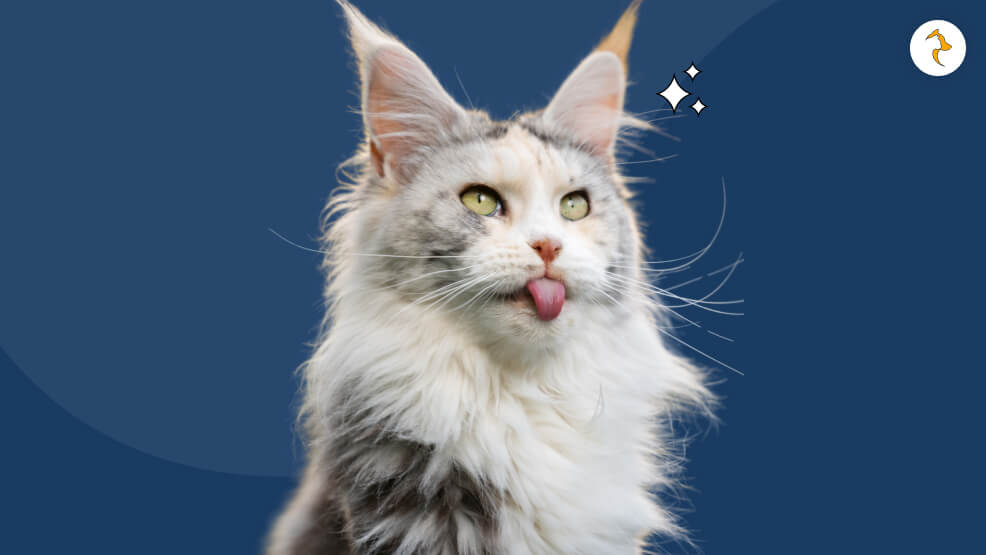
| Other Names | Gentle Giant |
| Personality | Amiable, gentle and dog-like |
| Weight | Average of 9 to 18 pounds, males can weigh 20 pounds or more |
| Length | About 19 to 30 inches |
| Coat Color | Heavy and shaggy; silky with coat falling smoothly |
| Coat Length | Solid (white, black, blue, red and cream), tabby (classic, mackerel, and ticked), bi-color (black and white, blue and white, red and white, cream and white), parti-color (tortoiseshell and blue-cream), parti-color and white (calico, tortoiseshell and white, blue-cream and white), shaded and smoke, and shaded/smoke and white |
| Eye Color | Varies according to coat color, but may be green, gold, green-gold, copper, blue or odd-eyed |
| Life Expectancy | 12 to 15 years |
| Hypoallergenic | No |
| Origin | United States |
Despite their charm, one question often arises when considering bringing a Maine Coon into a home—are they hypoallergenic? Many people with cat allergies wonder whether this breed may be suitable.
In this detailed article, we’ll explore are Maine Coons hypoallergenic, discuss the science behind cat allergies, and offer strategies for managing allergies for those who determine to have a Maine Coon as a pet.
Understanding Cat Allergies
It would be impossible to understand the relationship between Maine Coons and allergies if one was not first introduced to what cat allergies are, how they happen, and why they occur.
A cat allergy is an overreaction of the human immune system to proteins that cats produce. Proteins or allergens appear in a cat’s saliva, skin cells, urine, and even sweat.
Fel d 1 is the primary protein associated with allergic response in cats. It is manufactured by the sebaceous (oil) glands of a cat and is spread by the grooming process done by a cat. This is important to understand because this will give you the answer to the question, are Maine Coons hypoallergenic!
How Cat Allergies Develop
- Fel d 1 Protein: The main allergen from cats is present in saliva, skin cells, and sebaceous glands.
- Grooming Process: Cats spray the Fel d 1 protein throughout the fur by self-grooming.
- Dander: Dander is saliva, and skin flakes once dry and airborne. Dander produces allergic reactions.
Cats groom their fur using their tongue, spreading droplets of saliva in the fur with Fel d 1. The saliva flakes up and finds its way into the air in the form of small particles famously known as dander.
These are very minute microscopic particles, so small they can be inhaled and provoke allergic reactions in sensitive people. They cause symptoms such as sneezing, itching, watery eyes, congestion, and rashes on the skin once inhaled or contacted.
To the patient with asthma, cat allergens may provoke a much higher reaction and trigger difficulty in breathing or asthma attacks. If you are wondering are Maine Coons hypoallergenic, you must note down the allergies.
Note that allergies to cats vary from one person to another. For some, it causes minimal discomfort, while others are extremely intense.
Additionally, the intensity of reaction to an allergen also depends on the quantity of the allergen one is exposed to and the type of the cat. Knowing then how different breeds of cats produce allergens will help decide which breed may be appropriate for allergic people.
Maine Coons and Allergens
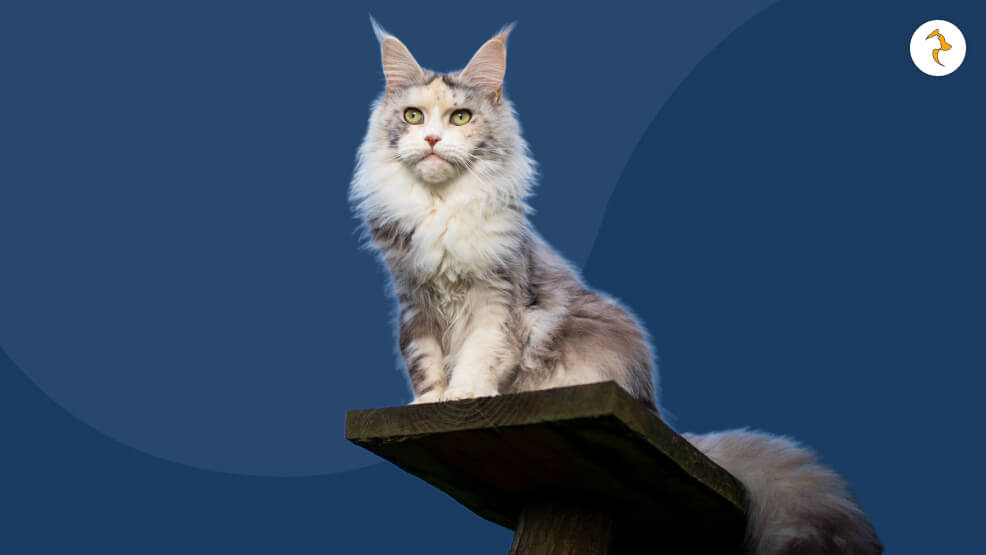
All breeds of cats produce allergens. This is due to the Fel d 1 protein, which is found in the cat’s saliva, skin cells, and sebaceous glands.
The production level of these allergens may vary among different breeds of cats and even among cats of the same breed. Among the not-hypoallergic breeds, there is one factor that includes the Maine Coon.
Factors That May Inhibit the Allergen in Maine Coon Cats
- Hairs and Shedding
- A Maine Coon has an extensive coat length that traps much more allergens
- Animals whose coats are very long shed considerably, therefore implying that they carry many allergens
Grooming Characteristics
- Maine Coons, being a cat too, lick; saliva on its fur increases levels of allergen.
- This cat, although grooming like any other cat, will groom less. Thus, they can pass fewer allergens.
- Coat Texture and Make
- Their thick, double water-repellent coat means more allergens might be trapped.
- When they shed, the fact that they groom should keep the action of the allergen from spreading.
⁕⁕ Key Points ⁕⁕
Maine Coons shed more fur and dander because of their long coats, meaning there could be more allergens in the house. So now you know why you need to know are Maine Coons hypoallergenic!
The grooming habit may be lesser than other breeds, this may limit the spread of allergens as compared to those highly groomed breeds.
They are breeds. However, it is coats with long hair coats, and due to their grooming and coat types, the allergen production could vary as well.
Despite all this, Maine Coons are less allergenic than many other breeds of long-haired dogs. This may be due to genetics and the simple fact that Maine Coons, as a natural breed, differ in their coat structure and grooming habits from those bred for specific characteristics.
Are Maine Coons Hypoallergenic?
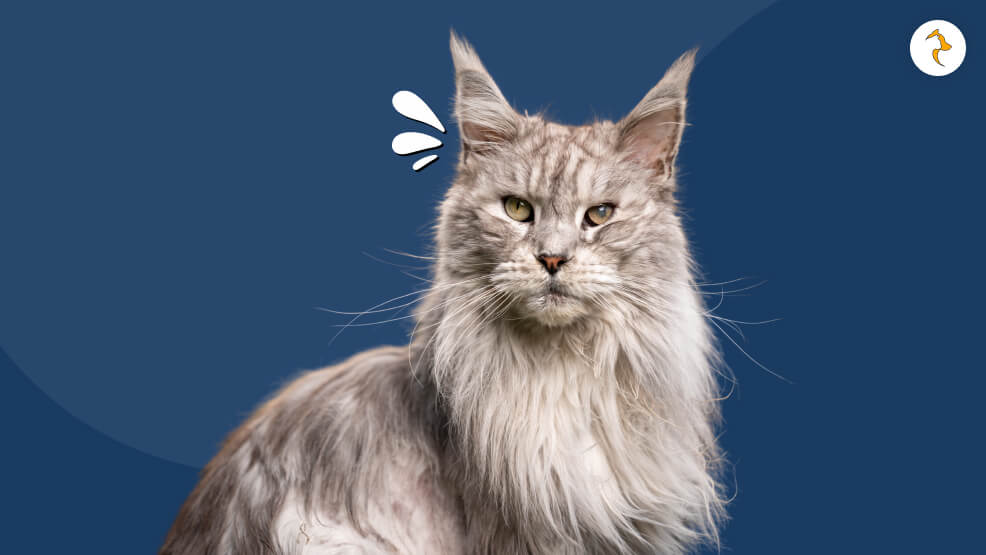
Therefore, Maine Coons are not hypoallergenic. They are just like the other felines as they produce allergens, causing allergic reactions in sensitive individuals.
However, because of their grooming habits and coats, some characteristics of Maine Coon might make them more tolerable to those with a mild case of allergy compared to other breeds. Although no cat breed is said to be hypoallergenic, some breeds produce fewer allergens than others.
Maine Coons might be included in that category, along with other long-haired breeds of cats, but within the breed, some will produce more allergens than others. So, it makes no difference in the least. No cat is a sure thing in this respect.
Why Maine Coons Are Not Hypoallergenic
- They are still allergenic—Maine Coons also produce the Fel d 1 protein, just like any other cat.
- Their coat is longer and thicker than other breeds and may carry more allergens.
- Maine coon’s size and shedding amplify the allergens in the air.
How to Overcome Allergies with Maine Coons
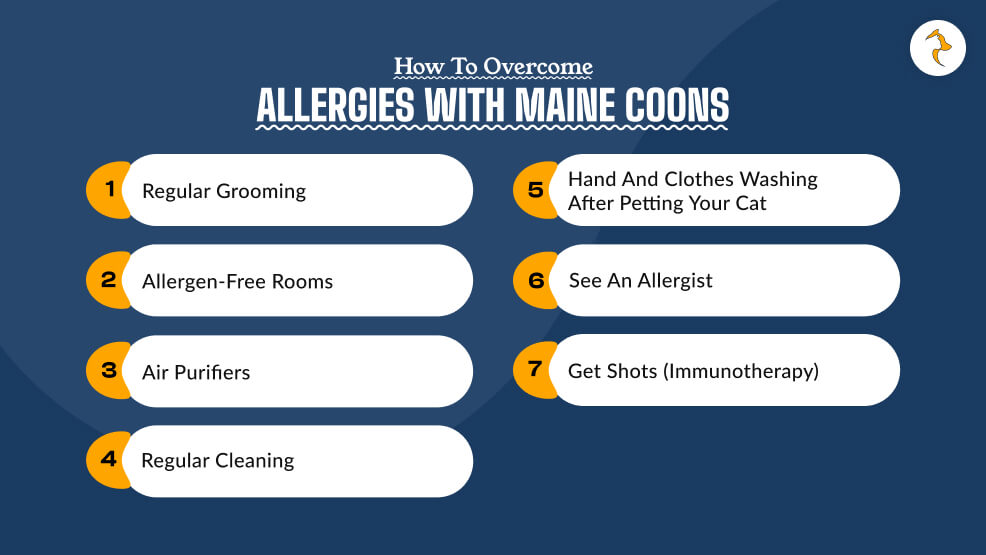
There are various strategies for the management of allergens, which would undoubtedly help in the prevention of allergic reactions if allergy patients still want to raise a Maine Coon as a pet. All these falls into the purview of an all-comfy house with a Maine Coon companion.
With these factors, you will learn are Maine Coons hypoallergenic and accordingly manage them!
Regular grooming
- You should groom your Maine Coon nearly every 3-4 times a week in such a manner that there would be loose fur and dander shed off them.
- You should use quality grooming equipment specifically made for long-haired cats.
- This will remove the dead skin cells and the excess hair-containing allergens from your home.
Allergen-Free Rooms
You can restrict a couple of rooms of your house to your Maine Coon, for instance, your bedroom or home office.
This room will be an allergen-free sanctuary to which you can always retreat, especially during allergy attacks.
Air Purifiers
- Get HEPA air purifiers for the rooms where your Maine Coon spends most of his time.
- HEPA filters trap small allergens and tend to enhance the quality of the air.
Regular Cleaning
- Vacuum frequently with a vacuum cleaner with a HEPA filter to trap pet hair and dander.
- Wet wipe surfaces frequently to prevent the increase of allergens.
- Clean bedding and toys belonging to your cat very often to remove the accumulation of allergens.
Hand and Clothes Washing After Petting Your Cat
Wash hands after touching the Maine Coon to remove developed allergy
If you feel you get a touch of the Maine Coon’s fur, change as often as possible and then get those clothes laundered.
See an Allergist
If you think your allergic reaction is one of the mild types, first go and see an allergist before looking to get that Maine Coon.
Your allergist will diagnose and prescribe whatever medicine or treatments you require to alleviate allergy symptoms.
Get Shots (Immunotherapy)
These injections gradually reduce the reactivity of your immune system to allergens, making allergies gradually decrease and lessen their impacts.
Consult your doctor about the possibility of undergoing immunotherapy.
Tips for Managing Cat Allergies with Maine Coons
| Tip | Description |
| Regular Grooming | Brush your Maine Coon’s fur several times a week to remove loose hair and dander. Use a grooming tool designed for long-haired cats |
| Create Allergen-Free Zones | Designate specific areas in your home, such as the bedroom, as allergen-free zones to limit exposure. |
| Air Purifiers | Use a HEPA air purifier to remove airborne allergens and improve air quality, especially in rooms your cat frequents. |
| Regular Cleaning | Clean your home frequently by vacuuming, wiping surfaces, and washing your cat’s bedding, toys, and other items. |
| Wash Hands and Clothes | After interacting with your Maine Coon, wash your hands and clothes to remove allergens. |
| Consult with a Doctor | Seek professional advice from an allergist or healthcare provider before getting a cat if you have severe allergies. |
| Consider Allergy Shots | Allergy shots (immunotherapy) may help desensitize your immune system to allergens and reduce allergic reactions over time. |
With the right precautions and proper care, living with a Maine Coon can be a rewarding experience, even for those with mild allergies.
Wrapping Up!
In a nutshell, what does the answer of are Maine Coons hypoallergenic? The Maine Coons are not technically hypoallergenic, though they can be fit for some patients suffering from relatively mild allergic responses to cats.
Their overall grooming habits, as well as their particular coat structure, help reduce allergen quantities created. However, allergies require constant grooming and home cleaning, and they may need an air purifier and some allergy medications.
You can even live with a Maine Coon if you have allergies; it will demand dedication and proactivity on your part concerning these allergens.
If you follow the above tips, you’ll be able to enjoy the company of your Maine Coon while keeping allergic reactions at bay and being comfortable for you and your feline companion.






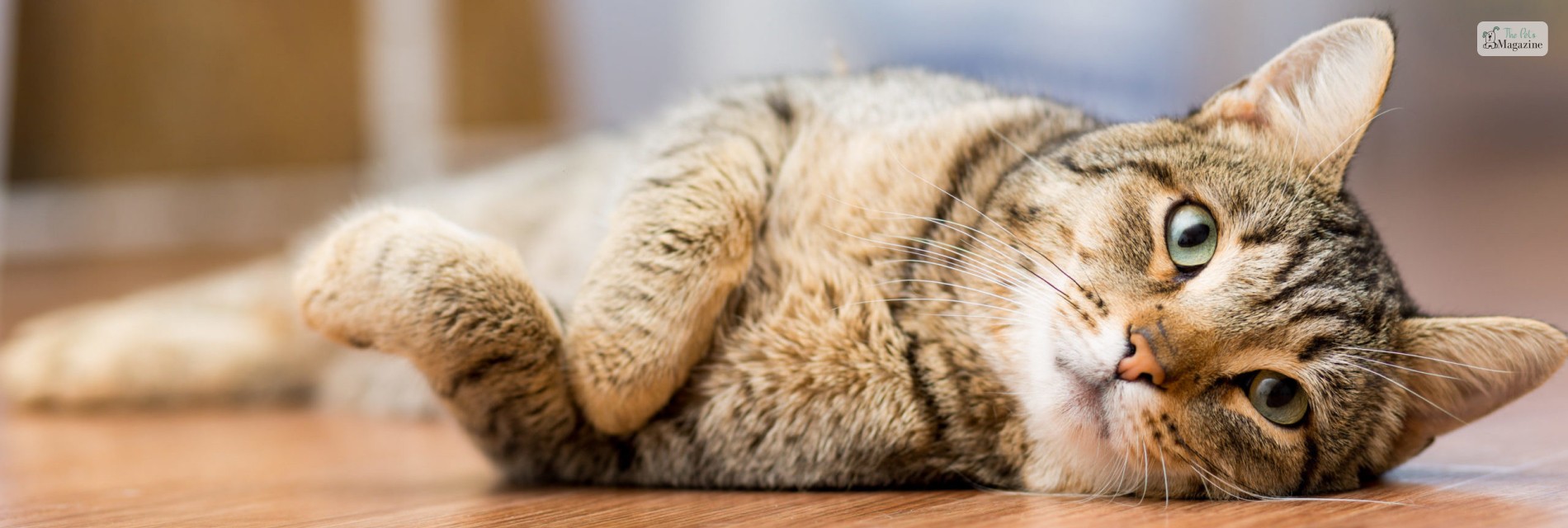

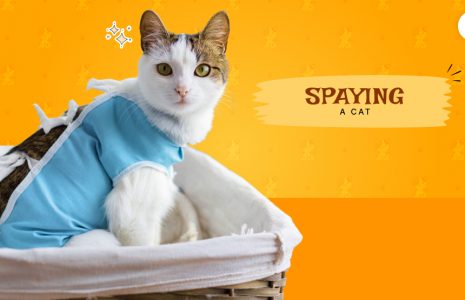
Leave A Comment